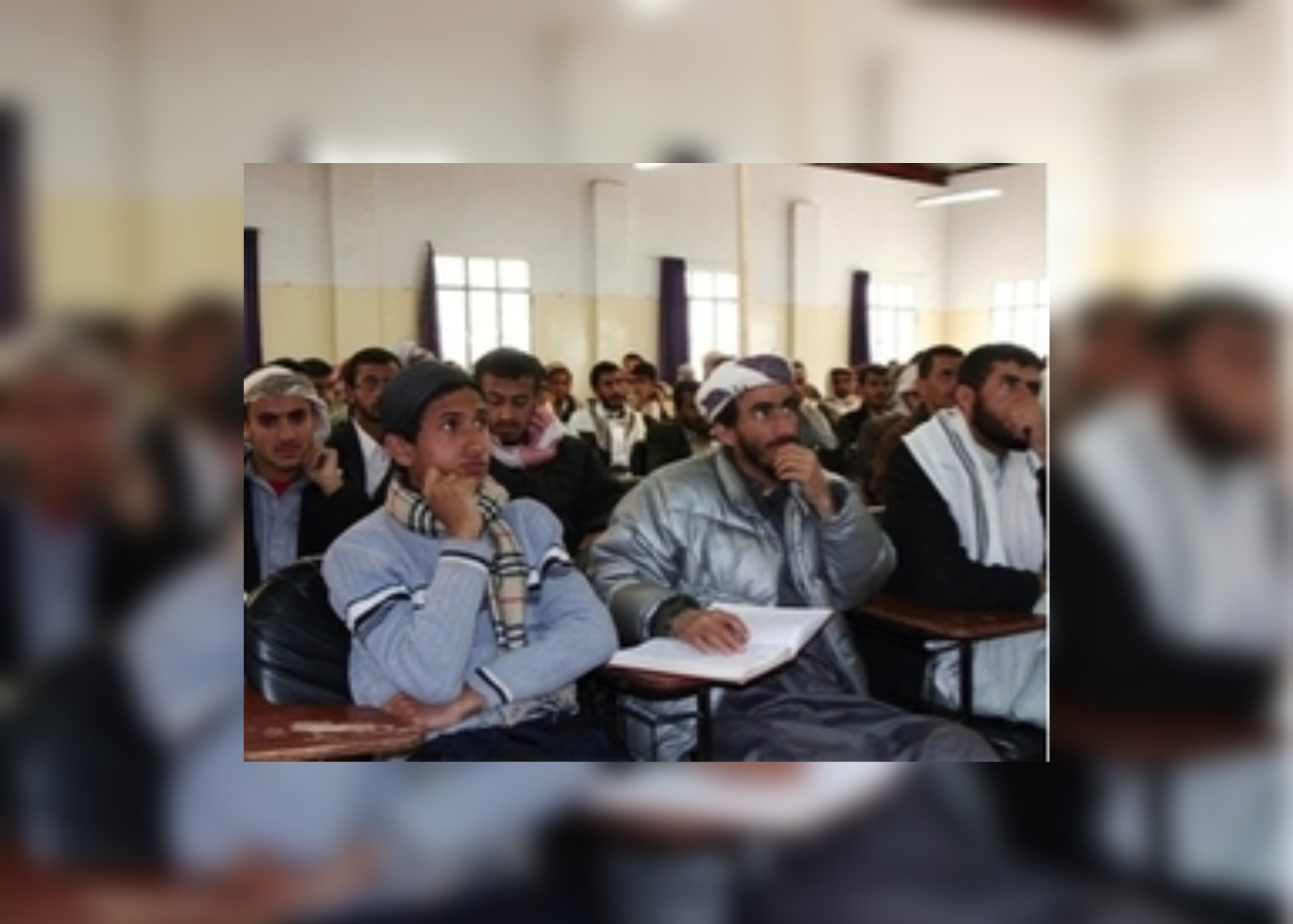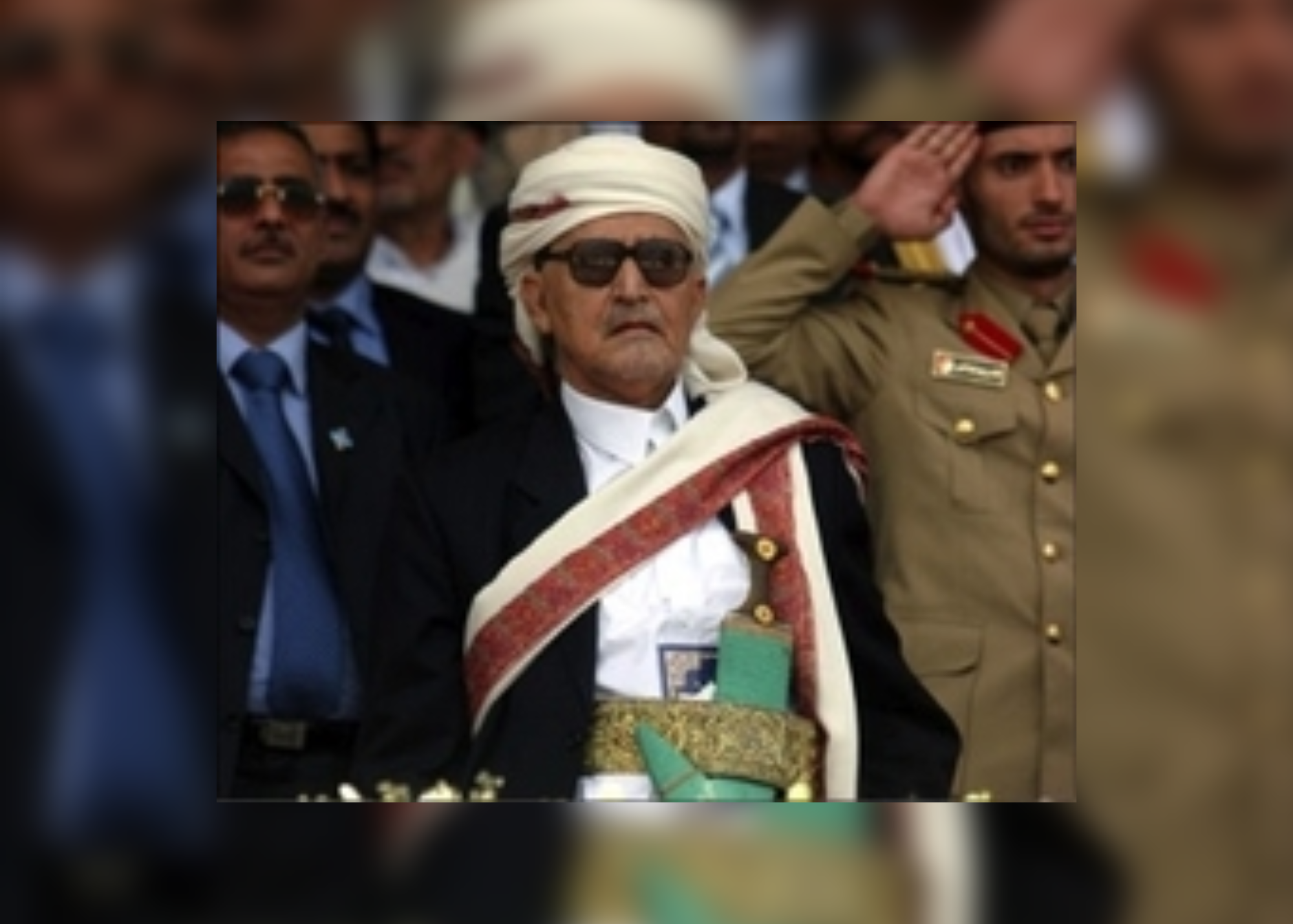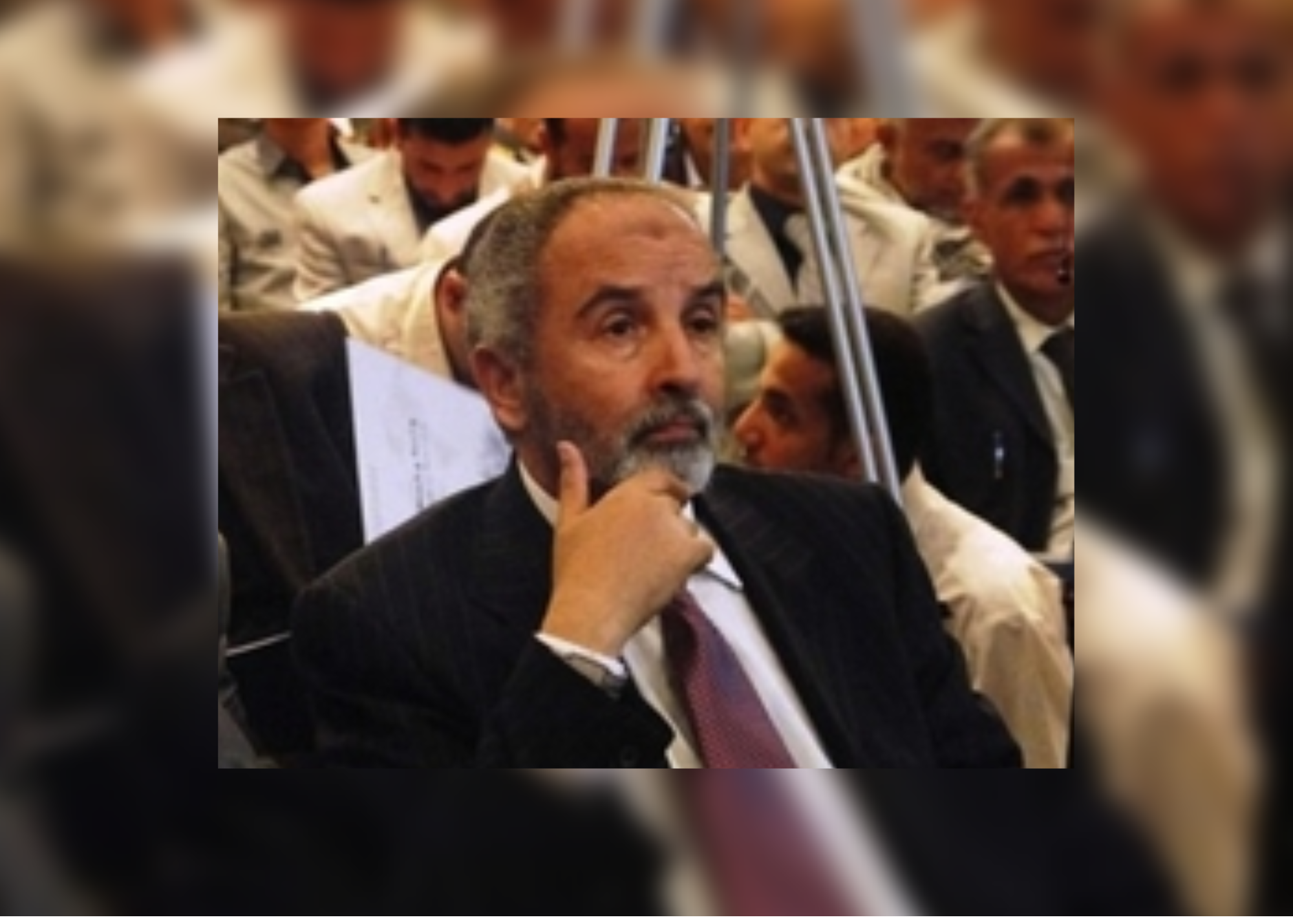After the unification of Yemen in May 1990 and before holding a popular referendum on a draft of the constitution, a broad coalition of northern-based conservatives declared the formation of the Yemeni Grouping for Reform, or Islah.
While rivals, such as the Yemeni Socialist Party (YSP) and al-Haqq (Zaydi political party), and some journalists accuse it of being fundamentalist and extremist, the Islah Partyis very different from other cohesive Islamist parties around the Muslim world such as Jordan’s Islamic Action Front, Egypt’s Muslim Brotherhood, and Morocco’s Justice and Development Party.
It is a complicated coalition with a complex agenda (Schwedler, 2004). In the words of two scholars of Yemen, the Islah Party forms a “broad church” that includes groups sharing a wide range of interests and opinions that run the gamut from rejection for all parliamentary forms of government to constitutional pluralism (Dresch & Haykel, 1995). It is an alliance of tribal personalities, moderate and radical Islamists, and businessmen.
Scholars and observers discern two features that characterize the politics of Islah: strong links with the ruling party (the General People’s Congress, GPC) and conservative social objectives (Clark & Schwedler, 2003). One of its founders is Abdullah bin Hussein al-Ahmar, a former member of the GPC and a sheikh of the Hashid tribe, one of the largest tribal federations in Yemen. Prominent military figures like Ali Mohsen al-Ahmar were among the founders of Islah as well.
Islah’s origins are in a Muslim Brotherhood-affiliated group (the Islamic Front) created in the late 1970s in North Yemen with the support of the northern Yemen Arab Republic (then headed by Ali Abdullah Saleh) to combat a Marxist group (the National Democratic Front) patronized by the People’s Democratic Republic of Yemen in the south.
The Islamic Front regrouped after the unification of Yemen in 1990 under the banner of the Islah Party with the backing of Wahhabi elements in Saudi Arabia. To this day, Islah maintains strong connections with Saudi Arabia. In its official website, Islah summarizes its foreign policy agenda; one of five major goals is “strengthening our country’s relations with sister Kingdom of Saudi Arabia and the countries of the Gulf Cooperation Council.”
Several founding figures of Islah, such as Sheikh Abdullah al-Ahmar and Sheikh Abd al-Majid al-Zindani, were financially and ideologically influenced by the Saudi regime (Dresch & Haykel, 1995). Policy-wise, Islah has supported the Gulf Cooperation Council’s (GCC) initiative, headed by the Saudi King, to transfer power to a new leadership in Yemen while granting former President Saleh immunity from persecution.
In characterizing its opponents, the Islah leadership has used the official Saudi line in accusing the Houthisin the north and the Southern separatist movement Harak of being an Iranian fifth-column implementing the “Iranian agenda.”
It should be noted that Islah is only one player in Yemeni politics supported by the Saudi regime. Ali Abdullah Saleh’s party, the General Popular Congress (GPC), and his regime have been supported by Saudi Arabia for a long time. Saudi influence has continued in Yemen with the coming of the new president, Abd Rabbuh Mansur al-Hadi, himself a member of the GPC.
When it suited their interests, the Saudis even supported the Yemeni Socialist Party (YSP). Saudi Arabia has historically played Islah, GPC, YSP, and tribal groups off against each other to obtain what it desires from Yemen (Dresch & Haykel, 1995).
On different occasions throughout its history, the Islah Party has pushed for an Islamist agenda. After the declaration of the constitution of the newly unified country, Islah argued that the document should display a stronger commitment to Islam and demanded amending Article 3 (Dunbar, 1992).
Islah demanded making shari’a “the source of all the laws,” which it had accomplished in a constitutional amendment in 1994 (Shamiry, 2007). During its years in power since the 1990s, Islah has pushed for more emphasis on religious education in Yemeni schools at the expense of science classes, fired female judges and secular teachers, and opposed the establishment of an Aden free trade zone to protect “Yemen’s Islamic identity” from the influx non-Muslims to the country (Phillips, 2008).
Islah’s commitment to an Islamist agenda comes as no surprise. In its website, Islah lists its goals, the first of which is “Upholding Islam: doctrine and Shari’a.” Its second goal is “building a strong national economy that stems from Islamic Shari’a compatible with a modern vision” (emphasis added). In foreign policy, it states that the Party cares about “the issues of our Arabic and Islamic ummah” and that it stands with the Palestinian people in their struggle to obtain their rights.
During the 2012 controversy over the American-made anti-Islamic film, “The Innocence of Muslims,” the Joint Meeting Parties headed by Islah issued a statement denouncing insults to the Prophet Muhammad, saying that the film had not come from a vacuum but rather as a part of continuous anti-Islamic activity and Zionist influences.
The statement emphasized the right of Muslims to express their anger at the insult to their religion, but condemned the violence and anarchy which accompanied some of the protests, calling instead for Muslims to follow the example of their Prophet in virtue and civilization.
Elements In Tension - Salafi, Tribal, And Muslim Brotherhood Powers
While the Islah Party does not advocate for violence, it includes “a small minority of hard-line conservatives with militant sympathies and who are not completely under the control of the moderates” (Phillips, 2008). Sheikh Abdul Majid al-Zindani, a co-founder of Islah, remains the head of the Salafi wing in Islah.
In early 2012, US Ambassador to Yemen Gerald Feierstein remarked that Zindani is a supporter of terrorism and that he constitutes a threat to the US and the international community. Soon afterward, the Islah Party issued a statement condemning Feierstein’s remarks, arguing that US accusations are based on wrong information provided by Saleh’s regime.
In April 2012, Zindani called on militant groups to renounce violence and support the Gulf-backed initiative to transfer power to President Abd Rabbo Mansour Hadi. However, a month after Zindani’s announcement, his son is said to have used his Twitter page to call on people for jihad against the Yemeni government and “American-led military intervention on Muslim land.”
Islah has benefited from the government’s weakness and inability to provide adequate basic services to its citizens and oversee all mosques and schools in Yemen. Through affiliated charitable organizations, Islamist NGOs, religious schools, imams, and preachers in many mosques around the country, Islah has been able to garner grassroots support behind its ideology and political agenda.
In 1993, Sheikh Abdul Majid al-Zindani founded Al-Iman (Faith) University in Sana, which continues to enroll thousands of students and preach for the wider public in its spacious mosque (larger than a football field). The university has more than 4,000 students from about 40 nationalities and teaches Western disciplines alongside Islam.
Since its opening, the university served as a vehicle for indoctrinating young Yemenis, and Zindani’s treatise on theology is part of the school’s syllabus. Some former students allege that the University has become “the headquarters for the propagation of jihadi doctrines.” Tuition, housing, and food are free for students, which makes the institution a more attractive option than other state-sponsored schools.
In addition, Islah sought to indirectly provide services to Yemenis that the government failed to deliver through the Islah Charitable Society, which maintains strong ties with the political party Islah despite its technical independence. The Islah Charitable Society was established in 1990 alongside the Islah Political Party, and now it is led by judge Murshid al-‘Arshani, an Islamist and the current Justice minister.
One analyst has noted that the charitable society is “the most successful humanitarian, nonprofit, nongovernmental organization helping the poor in Yemen” (Clark, 2004). It provides financial, educational, health and counseling assistance to the needy, orphaned, handicapped, mentally disturbed, elderly, women, and children.
Nevertheless, the Salafi wing within Islah, led by Zindani, cannot determine the policy of the Islah Party as a whole. Observers note that Islah’s awkward blend of members compels party leaders, including Zindani, to co-opt each other, a process that lends Islah a moderating effect in its efforts to maintain a dominant position in Yemen’s political order (Phillips, 2008).
The interests of several prominent tribal personalities within Islah are more mundane than those of Zindani and his ilk. In fact, for many years, tribal leaders occupied the highest post in the party; the late Abdullah bin Hussein al-Ahmar, sheikh of the Hashid tribe, was the president of Islah’s Supreme Body until he passed away in 2007.
His sons continue to be members of Islah. The interests of some of them, like the billionaire entrepreneur Hamid, lie not in the mosque or the madrasa but in “a cell phone network, Kentucky Fried Chicken franchises, and media outlets.”
Standing between these two extremes, Zindani (Salafi) and al-Ahmar (Tribal), are members of the Muslim Brotherhood, who are considered more moderate than the Salafis and more committed to an Islamist agenda than some tribal leaders. They hold key administrative decision-making posts.
After the death of Abdullah al-Ahmar in 2007, Muhammad al-Yadumi, a Muslim Brotherhood member, heads the party and presides over its Supreme Body. The first editor of the originally Muslim Brotherhood publication al-Sahwa, he is considered a party intellectual, (ustadh) rather than a Muslim scholar (shaykh).
While many of Yadumi’s influences come from Egypt, in June 2012, he issued an official statement of thanks to Saudi Arabia for its longstanding aid to the government and people of Yemen.
Two important features that distinguish them from the Salafis are their tolerance for pluralism (within limits) and for a more prominent role for women in society. With regard to pluralism, Jillian Schwedler argues that the Muslim Brotherhood in Islah “is committed to working through democratic, legal channels to realize its goal of achieving political, social, and economic reform in line with the teachings of the Koran.
For this group, democracy is a form of government completely in line with Islamic teachings” (Schwedler, 2002). As for women, Islah has a Women’s Sector that operates in parallel to the main, “male part,” of the party. The party’s highest executive council, Majlis as-Shura, has included female members, to the disappointment of Zindani and his cohort (Clark, 2004).
Although current Islahi rhetoric on women’s rights remains relatively progressive, some have asserted that the party uses their figurehead female members, such as Tawakkul Karman, as a “political tool,” rather than for real progress. Women revolutionaries who participated in mixed-gender marches after their condemnation by then-president Saleh accuse “Islah hardliners” of beating them for their lack of piety.
Sheikh Hamid al-Ahmar, a leading Islahi figure, accused women of turning the camp in Change Square into “a discotheque,” complaining that “this is not right and this is not our religion.” Saleem Haddad wrote of the Islahi-led movement to segregate seating and living arrangements in the Square that “this act served to weaken and divide the protest movement…and allowed Islah to control the squares.”
Many among the women’s movement have begun to express frustration with the silence of Tawakkul Karman in the face of Islahi repression of women’s movements, but Karman maintains that she is with the Yemeni women.
The schism within Islah over women’s issues manifested clearly in the issuing of a February 2012 fatwaagainst four Yemeni journalists, including Bushra al-Maqtari, a leftist feminist writer who was ruled an apostate for expressing doubt about God’s presence during attacks on her home village of Khidar.
While the other three men named were likewise affected by the fatwa, the situation soon escalated into an online campaign of defamation against al-Maqtari’s virtue as a woman. Al-Maqtari called Karman a “hypocrite” for her silence in the face of the allegations. Meanwhile, Islahi views over the affair were deeply divided, as Zindani and Abd Al-Wahab Al-Dailami, another of Islah’s prominent leaders, had been among the clerics who issued the fatwa. Others of the ulema, including an Islahi MP, flatly denounced the fatwa and ensuing allegations.
A sharp, absolute distinction between Salafis, tribal leaders, and Muslim Brotherhood members cannot be made. These are very fluid identities, and in many occasions they overlap and change. Nevertheless, social scientists in their work use such categorization, which is useful to understand backgrounds and commitments of the various groups within Islah.


